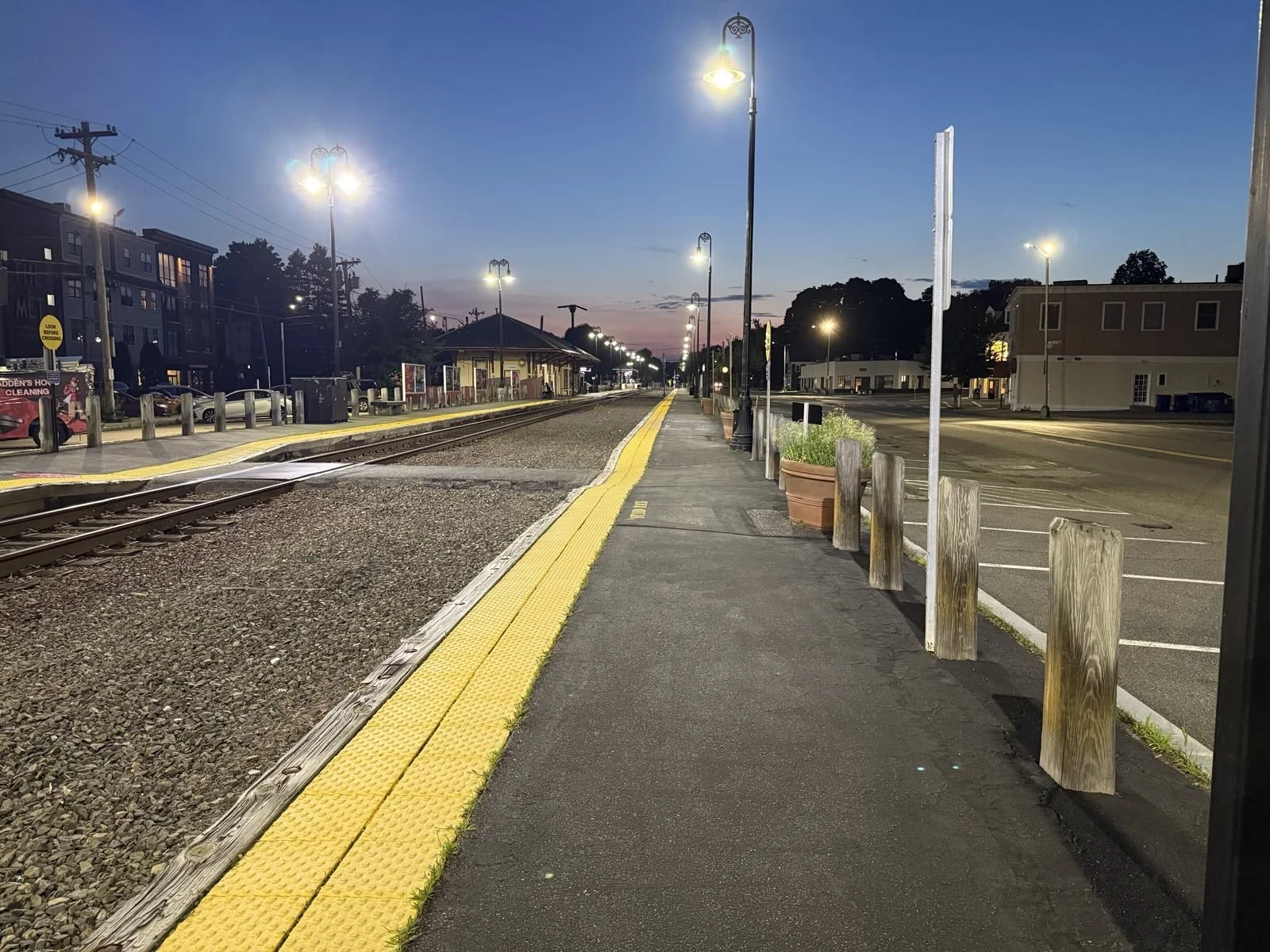What’s on the warrant? A guide to Reading’s Subsequent Town Meeting
(6-8 minute read)
As Reading prepares for its fall Subsequent Town Meeting, residents and Town Meeting members will soon gather to make important decisions about local policies, finances, and community priorities.
The meetings will begin at 7:30 PM in the Performing Arts Center at Reading Memorial High School (62 Oakland Road), starting with the Special Town Meeting on Monday, November 10, 2025, followed by Subsequent Town Meeting sessions on November 13 and November 17, and, if needed, November 20.
In addition, there are vacancies to be filled in Precincts 3 and 4, and those precinct meetings will take place at 7:00 PM on November 10, before the start of Town Meeting.
Whether attending to vote as an elected Town Meeting member or participating as a resident, this is an opportunity to help shape the future of our community. Below, you’ll find key meeting dates, helpful resources, and guidance on who may participate and how.
Review the information for Town Meeting here, including Warrant reports, Motions for the various Warrant Articles, and Instructional Motions from Town Meeting Members.
Review the Subsequent Town Meeting Warrant here.
Summary of Special Warrant Articles
ARTICLE 1 – Reports of Town Officers and Committees
Accepts reports from the Select Board, School Committee, Library Trustees, Finance Committee, Town Manager, Town Accountant, and other boards.
Purpose: Keeps residents informed on operations, accomplishments, and finances.
Impact: Informational only; no votes on spending or bylaws.
ARTICLE 2 – Means-Tested Senior Property Tax Exemption
Authorizes the Select Board to petition the State Legislature for a special act allowing Reading to create a means-tested property tax exemption for qualifying senior homeowners.
Who qualifies: Seniors meeting income and residency requirements similar to the state “Circuit Breaker” tax credit, with limits on property value and assets.
How it works:
Applies only to a resident’s primary home
Eligible seniors could receive an exemption equal to 100% of the state Circuit Breaker credit they qualified for the prior year
The total exempted amount is redistributed across the residential tax base
Requires annual application and approval by the Board of Assessors
Duration: Program sunsets 3 years after implementation, unless renewed.
Purpose: Provide financial relief to long-time senior residents with limited income/assets.
Impact: Policy change; still requires State approval.
ARTICLE 3 – Establish a Commission on Disability
Seeks acceptance of M.G.L. Chapter 40, Section 8J to formally create a Commission on Disability.
Purpose: Promote equal access, advise on disability-related needs, and support accessibility initiatives in town.
Impact: Establishes a standing body focused on disability inclusion and ADA compliance.
ARTICLE 4 – Reallocate Funds for Town Projects
Rescinds and reallocates $198,681.73 from previously approved appropriations.
Purpose: Apply funds to the Killam School Building Project.
Impact: Budget reallocation only; no new taxpayer funding requested.
Summary of Subsequent Warrant Articles
ARTICLE 1 – Reports of Town Officers and Committees
Accepts reports from the Select Board, School Committee, Library Trustees, Finance Committee, Town Manager, Town Accountant, and other boards.
Purpose: Keeps residents informed on operations, accomplishments, and finances.
Impact: Informational only; no votes on spending or bylaws.
ARTICLE 2 – Appoint and Fund Town Officers and Committees
Elects or appoints additional Town Officers, Boards, or Committees and funds them to carry out instructions.
Purpose: Ensures all necessary positions are filled and supported.
Impact: Small funding adjustments possible; no major new costs.
ARTICLE 3 – Capital Improvements Program Update
Amends the Town’s FY2026–2036 Capital Improvements Program (CIP).
Purpose: Keeps long-term spending plans for infrastructure, buildings, and equipment up to date.
Impact: Adjusts priorities and schedules; no direct new spending.
ARTICLE 4 – Adjust FY2026 Operating Budget
Modifies the Town’s operating budget for FY2026 (July 1, 2025 – June 30, 2026).
Purpose: Addresses mid-year needs or unexpected costs.
Impact: Updates Town and School budgets to stay balanced and responsive.
ARTICLE 5 – Reallocate Prior Project Funds
This article was revised under the Special Warrant Article 4 outlined above. The original Warrant Article reallocated the funds to both the Killam School Building Project and the Reading Center for Active Living (ReCAL) projects.
ARTICLE 6 – Unpaid Bills and Veterans Assistance Fund
Unpaid Bills: Pays bills from prior fiscal years.
Veterans Fund: Adds a voluntary donation option on tax bills for the Municipal Veterans Assistance Fund.
Purpose: Clear past obligations and support local veterans.
Impact: Optional donations; routine payment of bills.
ARTICLE 7 – Fiscal Year and Budget Process
Fiscal Year: July 1 – June 30.
Town Manager prepares budget; School Committee submits requests.
Public Notices & Hearings: Ensures transparency and resident input.
Finance Committee reviews and submits recommendations to Town Meeting.
Purpose: Transparent, accountable budgeting.
Impact: Structured, citizen-friendly budget planning.
ARTICLES 8 & 9 – Town Charter Amendments
Select Board petitions State Legislature to amend the Home Rule Charter:
Update the majority vote definition
Clarify vacancy and attendance rules for Town Meeting Members
Revise Town Manager qualifications and contract terms
Establish the Acting Town Manager appointment procedure
Update recall petition requirements
Technical edits by Town Clerk
Purpose: Modernize and clarify Town governance rules.
Impact: Changes governance structure; subject to voter approval.
ARTICLE 10 – Town Forest Invasive Plant Removal
Requests $50,000 to remove invasive plants from the Town Forest.
Purpose: Protect native trees and wildlife; maintain forest health.
Impact: Environmental benefit; funded from Town resources.
ARTICLE 11 – Downtown Sidewalk Clearing Bylaw
New bylaw requiring downtown property owners to clear snow/ice:
Clear within 4 daylight hours, at least 42 inches wide
Handicap ramps must be cleared
Use only DPW-approved de-icing materials
Fines: $100 first offense, $200 subsequent offenses
Effective: November 1, 2026
Purpose: Improve safety and accessibility downtown.
Impact: Shifts responsibility to property owners; promotes pedestrian safety.
Photo by Taylor Gregory.
